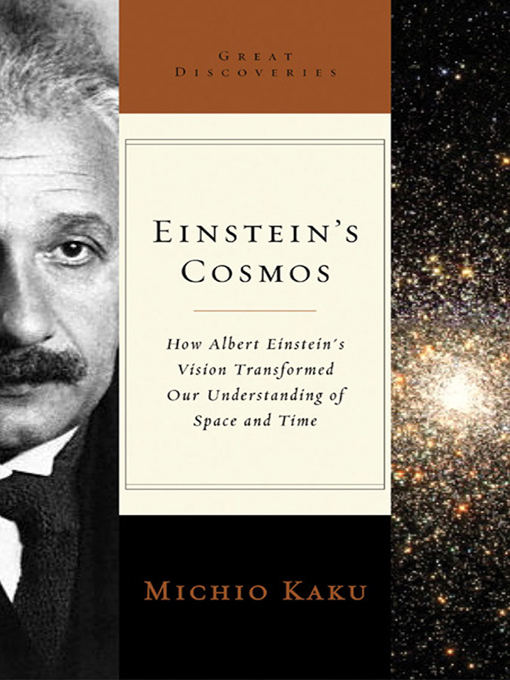"A fresh and highly visual tour through Einstein's astonishing legacy." —Brian Greene
There's no better short book that explains just what Einstein did than Einstein's Cosmos. Keying Einstein's crucial discoveries to the simple mental images that inspired them, Michio Kaku finds a revealing new way to discuss his ideas, and delivers an appealing and always accessible introduction to Einstein's work.

